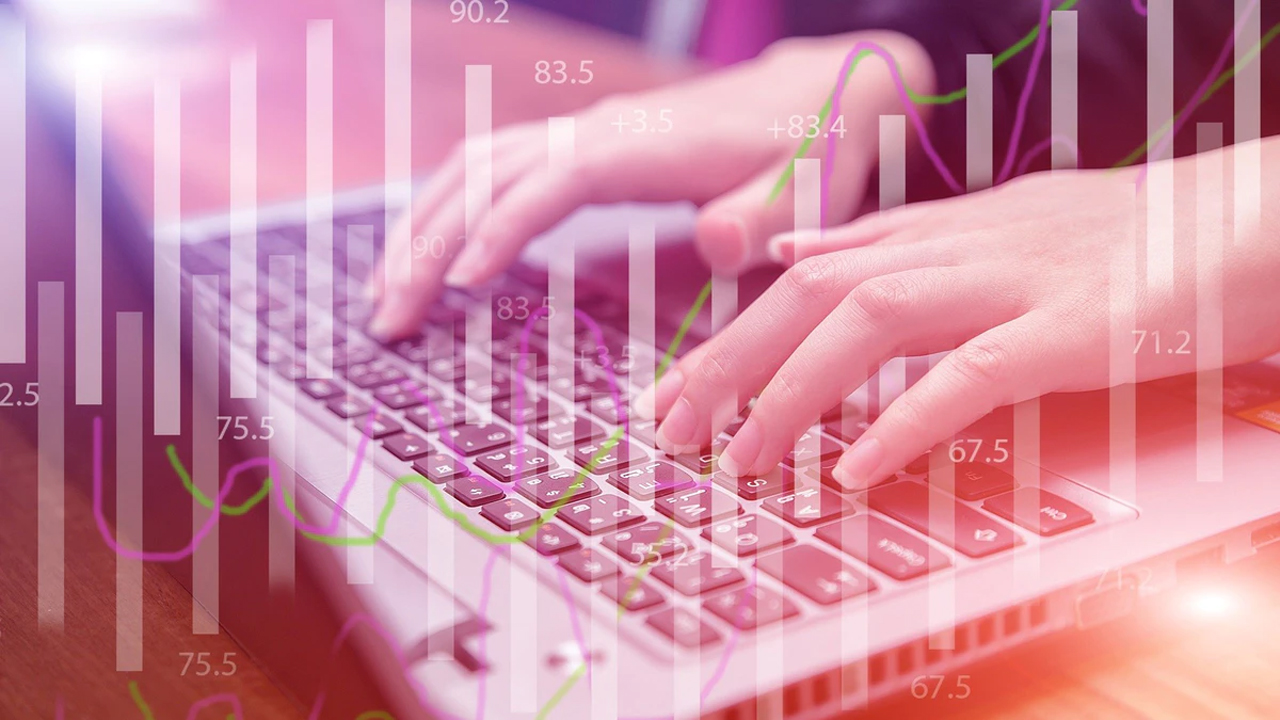Heads of state, global health leaders, scientists and the private sector have come together at the Paris Peace Forum this week to discuss how to meet the urgent funding needs of the ACT Accelerator. New contributions bring the total committed to over US$ 5.1 billion – but an additional US$ 4.2 billion is needed urgently this year, with a further US$ 23.9 billion required in 2021, if tools are to be deployed across the world as they become available.
Since April, the ACT Accelerator partnership, launched by WHO and partners, has supported the fastest, most coordinated, and successful global effort in history to develop tools to fight a disease. With significant advances in research and development by academia, private sector and government initiatives, the ACT Accelerator is on the cusp of securing a way to end the acute phase of the pandemic by deploying the tests, treatments and vaccines the world needs.
Speaking at the Paris Peace Forum, Emmanuel Macron, President of France, said: “Together, we have implemented the ACT-A system, with the ambition to be part of a "global public good" approach, that is, to allow access for all to these tools to fight this pandemic.”
Ursula von der Leyen, President of the European Commission reminded delegates that the US$ 28 billion needed to fund the ACT-Accelerator to fulfil its objectives is equivalent to “the same sum the transport sector and the global tourism sector lose in just two days of lockdown”. She added that “there is a very clear message behind it. It’s way better to invest now in the ACT Accelerator and to COVAX – for the distribution in every corner of the world of vaccines – than to struggle longer with all the confinement measures we have suffered during this pandemic.”
Dr Tedros Adhanom Ghebreyesus, Director-General of the WHO, said: “This pandemic is unprecedented, and it has taken the whole world hostage. The only option we have is cooperation and solidarity. It is a must. The world is seeing it that way.”
Erna Solberg, Prime Minister of Norway and co-chair of the ACT Accelerator Facilitation Council, said: “We have to look beyond aid for financing. We need to look at private sector, innovative mechanisms, other ways to get this money, fast. We need to accelerate this faster than we are doing these days.”
Melinda Gates, co-chair of The Bill & Melinda Gates Foundation, said: “COVID-19 has made distinction completely irrelevant. In this pandemic, there’s no difference between helping yourself and helping others. The self-interested thing and the selfless thing are one and the same.”
In just 6 months the ACT Accelerator, through its partnership of the world’s leading international health organizations, has already delivered significant and concrete results: more than 50 diagnostic tests are being evaluated and new rapid antigen diagnostics are being made available for low and middle income countries; life-saving dexamethasone treatments are being used and rolled out; new monoclonal antibodies are being evaluated; 186 countries are working with COVAX, the world’s largest and most diverse portfolio of vaccines; a diverse research portfolio of nine vaccines candidates are in clinical trials and systems requirements for delivery of COVID-19 tools have been mapped in 4 of the world’s 6 regions.
The urgent funding need of US$ 4.2 billion will save lives, lay the groundwork for mass procurement and delivery of COVID-19 tools around the world, and provide an exit strategy out of this global economic and human crisis by:
Massively expanding testing globally by immediately increasing the number & volumes of new high-quality rapid diagnostic tests and facilitating use in countries with fragile systems;
Transforming treatment to save lives by hugely accelerating the availability and use of dexamethasone and oxygen, and securing production capacities for monoclonal antibodies;
Rolling out mass vaccination by securing vaccines doses now to launch their worldwide rollout for at least 20% of the global population, while quickly investing in further R&D, technology transfer and scale-up of global manufacturing capacity; and
Unblocking bottlenecks to COVID-19 tools supply chain management, logistics and delivery with rapid assessments, integrated delivery plans and key investments in countries with the most fragile systems.
Fully financing the ACT-Accelerator will position the world to fundamentally change the dynamic of the pandemic. Funding gaps mean delays in access to tools in 2021 and the world continuing to rely on non-pharmaceutical interventions like stay-at-home orders and physical distancing as the primary line of defense against the virus.
Against the ACT Accelerator’s US$ 38.1 billion budget, outlined in its newly published ‘Urgent Priorities & Financing Requirements’, US$ 5.1 billion has been committed to date, alongside down payments of US$ 4.8 billion through COVAX self-financing countries. The ACT Accelerator Commitment Tracker provides details on total commitments to date.
Fully financing the ACT Accelerator would shorten the pandemic, saving millions of lives with the investment paid back in as little as 36 hours as the global economy recovers.

 Donors commit to fund the scale up of the ACT-Accelerator but warn additional funding is critical to support its success
Donors commit to fund the scale up of the ACT-Accelerator but warn additional funding is critical to support its success











.jpeg)

.jpeg)
.jpeg)

.jpeg)


.jpeg)



.jpeg)
.jpeg)
.jpeg)


.jpg)


.jpeg)
.jpeg)